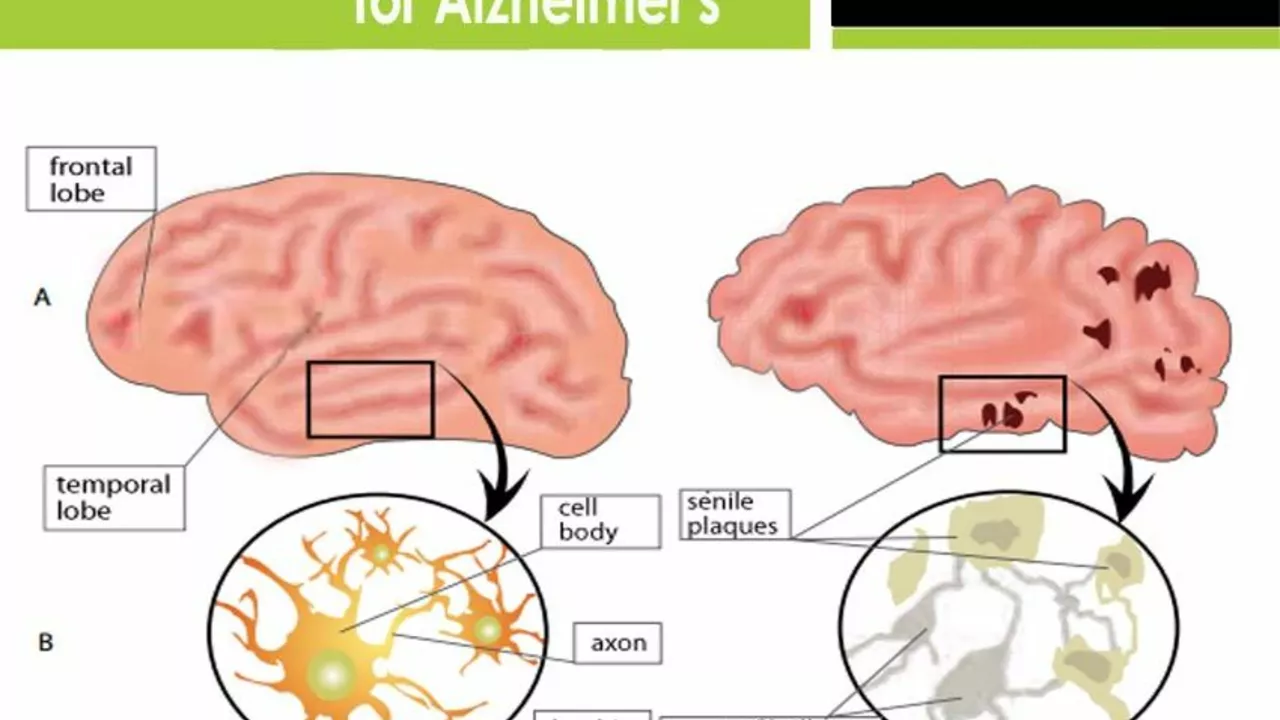Memantine: A Straightforward Look at This Brain Medication
If you or a loved one has been prescribed memantine, you might be wondering what it really does and why it’s important. Memantine is mainly used to help with symptoms of Alzheimer’s disease and other types of dementia. It works differently than many other brain medications and can be part of a treatment plan to help manage memory and thinking problems.
How Does Memantine Work?
Memantine acts on a specific brain receptor called NMDA (N-methyl-D-aspartate). This receptor helps control signals between nerve cells involved in learning and memory. In conditions like Alzheimer’s, there’s too much activity at this receptor, which can cause damage over time. Memantine helps by blocking excess activity, protecting brain cells, and potentially slowing symptom worsening. It’s not a cure, but it can make a difference in daily function.
Who Should Take Memantine and What To Expect?
Doctors typically prescribe memantine for moderate to severe Alzheimer's disease. It can help improve symptoms like confusion and memory loss, making daily tasks easier. Some people notice it helps them stay more independent. Side effects are usually mild but can include dizziness, headache, or constipation. Always check with your doctor if you experience anything unusual or if the medication affects you differently.
One practical tip: stick to your doctor’s dosage and schedule. Memantine often starts with a low dose that gradually increases to avoid side effects. Never stop taking it suddenly without talking to your doctor.
Many families find memantine helpful as part of a larger care plan along with therapy and support. It’s one of the tools out there that can help manage dementia symptoms and improve quality of life for both patients and caregivers.
If you want a no-nonsense guide to memantine, understand what it does, and how to use it safely, this page offers clear, reliable info to help you feel more confident in your health decisions.
Memantine vs. Donepezil: Comparing Alzheimer's Treatments
- Keith Ashcroft
- |
- |
- 16
In my recent research on Alzheimer's treatments, I found two commonly prescribed medications: Memantine and Donepezil. Memantine works by regulating the activity of glutamate, a chemical involved in memory and learning, while Donepezil boosts the levels of a neurotransmitter called acetylcholine. Both drugs show effectiveness in mitigating Alzheimer's symptoms, but they function in distinctly different ways. However, it's critical to consult with a healthcare professional to determine the best treatment for each individual, as the effectiveness can depend on the disease's stage and the patient's overall health. Remember, each patient's journey with Alzheimer's is unique, and treatment should be personalized.
View more
